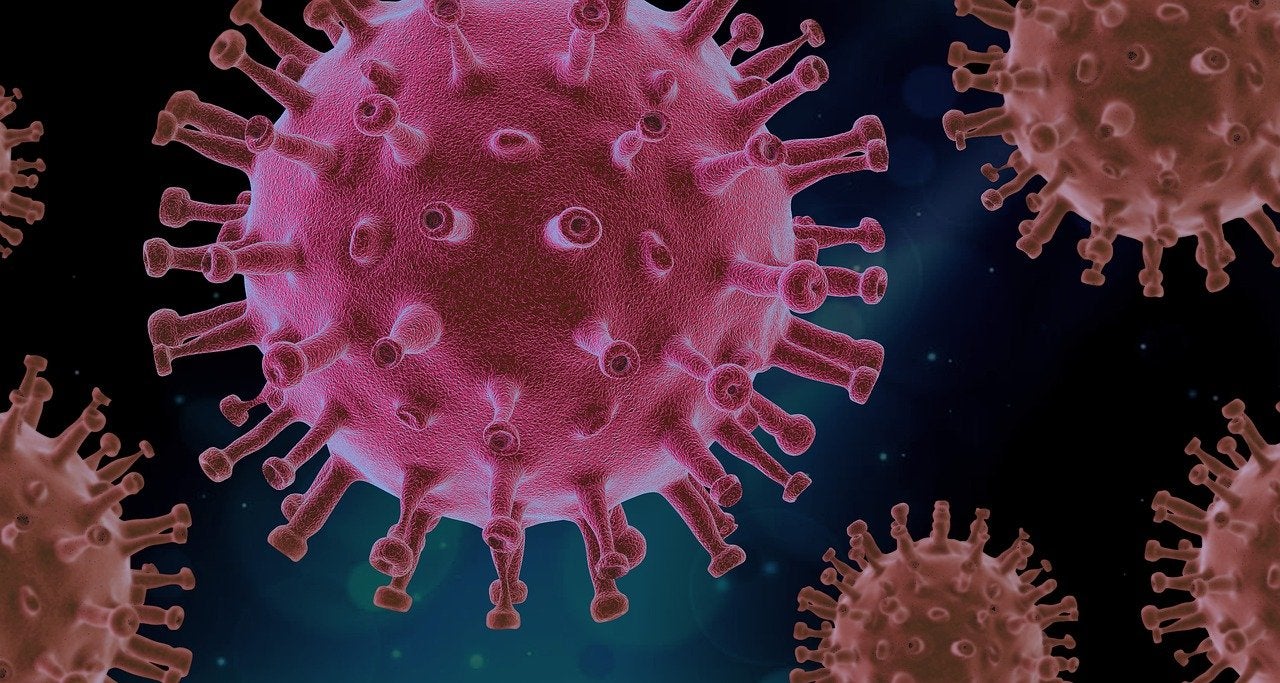
US-based diagnostic and therapeutic applications developer KSL Diagnostics has introduced a new antibody test, Covid-19 Immune Index, to measure the degree of immunity from Covid-19.
Through a blood test, the Covid-19 Immune Index can detect a person’s immune response to Covid-19 and analyse the risk of infection.
The test intends to compare the Covid-19 viral neutralisation with an individual’s antibody levels.
KSL’s new platform will help people understand their level of risk for Covid-19 infection and potential complications.
It has been designed and developed to measure antibodies specific to Covid-19 that develop in response to vaccination or infection.
Furthermore, the test results are correlated with virus neutralisation studies incorporating the significant Covid-19 virus strains to date.
KSL Diagnostics president and CEO Kevin Lawson commented: “There is a lot of variability in antibody levels over time after infection, vaccination and boosters. Guidance is constantly changing, but good tools to help people better understand their immune status have not been available.
“The Covid-19 Immune Index provides an accurate report for those who are immunocompromised, at risk with co-morbidities, re-entering the workplace or travelling. Understanding your level of immunity can provide peace of mind as we move past the pandemic.”
The new test will allow clinicians and patients to determine the suitable time for booster vaccine doses and make decisions related to Covid-19 exposure.
KSL said the test will help detect the immunity levels of nursing home and long-term care residents, veterans living in group housing, and patients undergoing treatment for cancer, organ transplants and serious chronic illnesses.
The Covid-19 Immune Index received approval from the New York State Department of Health/CLIA/Emergency Use Authorisation (EUA).
The company in collaboration with the University at Buffalo Center for Advanced Technology in Big Data and Health Sciences (UB CAT) and Dr Amy Jacobs of the University at Buffalo completed studies on the relevance of circulating antibodies in vaccinated individuals.




